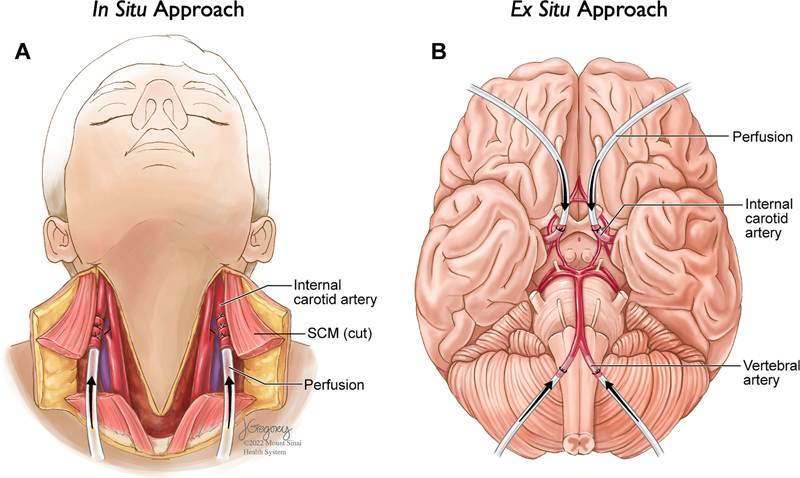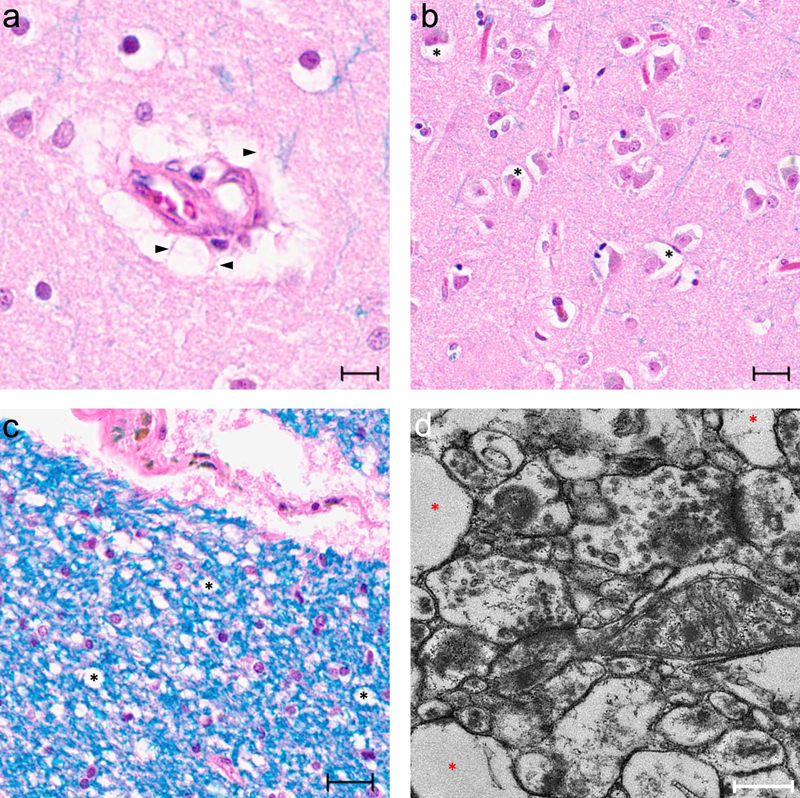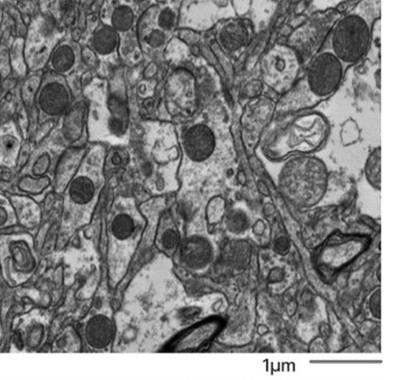
Apex Neuroscience
About Us
Apex Neuroscience is a research institute located in Salem, Oregon that collaborates with researchers worldwide. Our mission is to drive advancements in the field of human brain preservation and brain banking, with an unwavering commitment to scientific rigor, ethical integrity, and technological innovation. We are a 501(c)(3) non-profit with a duty to spend our funds in such a way that it benefits the public. We began operations in 2023.
What is Brain Banking?
Brain banking involves the collection, preservation, and distribution of human brain tissue to facilitate research. These "banks" serve as critical resources for scientists studying various aspects of the brain, from foundational neuroscience to the study of neurobiological disorders. High-quality brain preservation is vital for brain banking, as the integrity of the tissue significantly impacts the rigor and reproducibility of research outcomes.
What is Brain Preservation?
Brain preservation can serve in two primary functions. The first aim is to maintain the brain's structural integrity for future research, a crucial aspect of brain banking. The second aim is carefully preserving and protecting the information in someone’s brain for an indefinite length of time, with the goal of future revival if technological and societal advancements render this feasible and humane. At Apex Neuroscience, our goal is to improve the quality of brain preservation methods, which could be used by people who are interested in pursuing either or both of these goals.
Current Research
Our current research efforts are centered on five key areas, each described below.
Preservation Procedures
Our ongoing work in optimizing preservation procedures focuses largely on applying perfusion methods - commonly used in animal research - to human brain tissue after significant periods of ischemia. We aim to quantify and address the problems that emerge in this context, as there are a variety of mechanisms that lead to ischemic perfusion impairment. Our eventual goal is to develop protocols for human brain perfusion even after periods of ischemia that could be used for perfusing cryoprotectants, fixatives, or other chemicals. We are also investigating the integration of perfusion methods with immersion fixation methods.
Measurement of Preservation Quality
A significant aspect of our research involves the improvement of methods to measure preservation quality. We use a multimodal approach incuding CT scans, light microscopy, and electron microscopy. Currently our primary focus is on electron microscopy, with the goal of assessing the degree to which the original state of the biomolecule-annotated connectome is inferrable in preserved brains. Our goal is to establish a more robust understanding of how factors such as the preservation procedure, the agonal state, and the period of ischemia prior to preservation impact cellular structure. This knowledge will aid in refining our brain preservation methods.
Long-Term Preservation
Our research extends to the development and validation of effective strategies for the long-term preservation of brain tissue. This involves a comprehensive examination of contemporary fluid preservation and cryopreservation techniques, alongside targeted experiments to query how they could be improved.
Neurodevelopmental Disorders
We are interested in neurodevelopmental and neuropsychiatric disorders in which brain structure is altered in measurable ways. This includes conditions such as Sturge-Weber syndrome and schizophrenia. Our focus is on how cellular architecture and nanoscale-level organization differ across these conditions. And on how improved preservation and imaging methods can support rigorous research into their mechanistic causes and potential clinical interventions.
Brain Aging and Cellular Degeneration
We also study structural features of brain aging and degeneration that can be evaluated at the light microscopy and ultrastructural scales. In particular, we are interested in age-related white matter and myelin alterations, as well as cellular accumulations such as lipofuscin. These features provide a way to connect preservation quality to interpretable biological readouts that can inform the development of improved treatments for conditions such as Alzheimer's disease.
Directors
Jordan Sparks, DMD has a motivating vision for the future of neuroscience research. His practical experience and insights into brain preservation form the cornerstone of our organization's research trajectory.
Andrew McKenzie, MD, PhD brings knowledge in brain banking, ischemic alterations in the brain, and long-term preservation methods. His scholarly focus on structural brain preservation helps to guide our research directions.
Felix Richter, MD, PhD brings clinical and scientific expertise in post mortem research, molecular analytics, statistical learning, computer vision, and intensive care.
External Brain Banking Advisors
John Crary, MD, PhD brings significant expertise in neuropathology, neurohistology, and brain banking.
Kurt Farrell, PhD brings in-depth knowledge in the machine learning analysis of histology data, genomics, and neuropathology.
Selected Publications
McKenzie, A.T., Zeleznikow-Johnston, A., Sparks, J.S., Nnadi, O., Smart, J., Wiley, K., Cerullo, M.A., de Wolf, A., Minerva, F., Risco, R., Church, G.M., de Magalhães, J.P., Kendziorra, E.F. (2024). Structural brain preservation: a potential bridge to future medical technologies. Frontiers in Medical Technology, 6. https://doi.org/10.3389/fmedt.2024.1400615
McKenzie, A.T., Nnadi, O., Slagell, K.D., Thorn, E.L., Farrell, K., & Crary, J.F. (2024). Fluid preservation in brain banking: a review. Free Neuropathology, 5, 5-10. https://doi.org/10.17879/freeneuropathology-2024-5373
McKenzie, A.T., Thorn, E.L., Nnadi, O., Wróbel, B., Kendziorra, E., Farrell, K., & Crary, J.F. (2024). Cryopreservation of brain cell structure: a review. Free Neuropathology, 5, 35. https://doi.org/10.17879/freeneuropathology-2024-5883
Garrood, M., Thorn, E.L., Goldstein, A., Sowa, A., Janssen, W., Wilson, A., López, C.S., Shankar, R., Stempinski, E.S., Farrell, K., Crary, J.F., & McKenzie, A.T. (2025). Preservation of cellular structure via immersion fixation in brain banking. Free Neuropathology, 6, 4. https://doi.org/10.17879/freeneuropathology-2025-6104
Garrood, M., Keberle, A., Taylor, G.A., Thorn, E.L., De Sanctis, C., Farrell, K., Crary, J.F., Sparks, J.S., & McKenzie, A.T. (2025). Mechanical perfusion in brain banking: methods of assessment and relationship to the postmortem interval. Free Neuropathology, 6, 20. https://doi.org/10.17879/freeneuropathology-2025-8880
Garrood, M., Keberle, A., Sowa, A., Janssen, W., Thorn, E.L., De Sanctis, C., Farrell, K., Crary, J.F., & McKenzie, A.T. (2025). Evaluating ultrastructural preservation quality in banked brain tissue. Free Neuropathology, 6, 13. https://doi.org/10.17879/freeneuropathology-2025-6763


